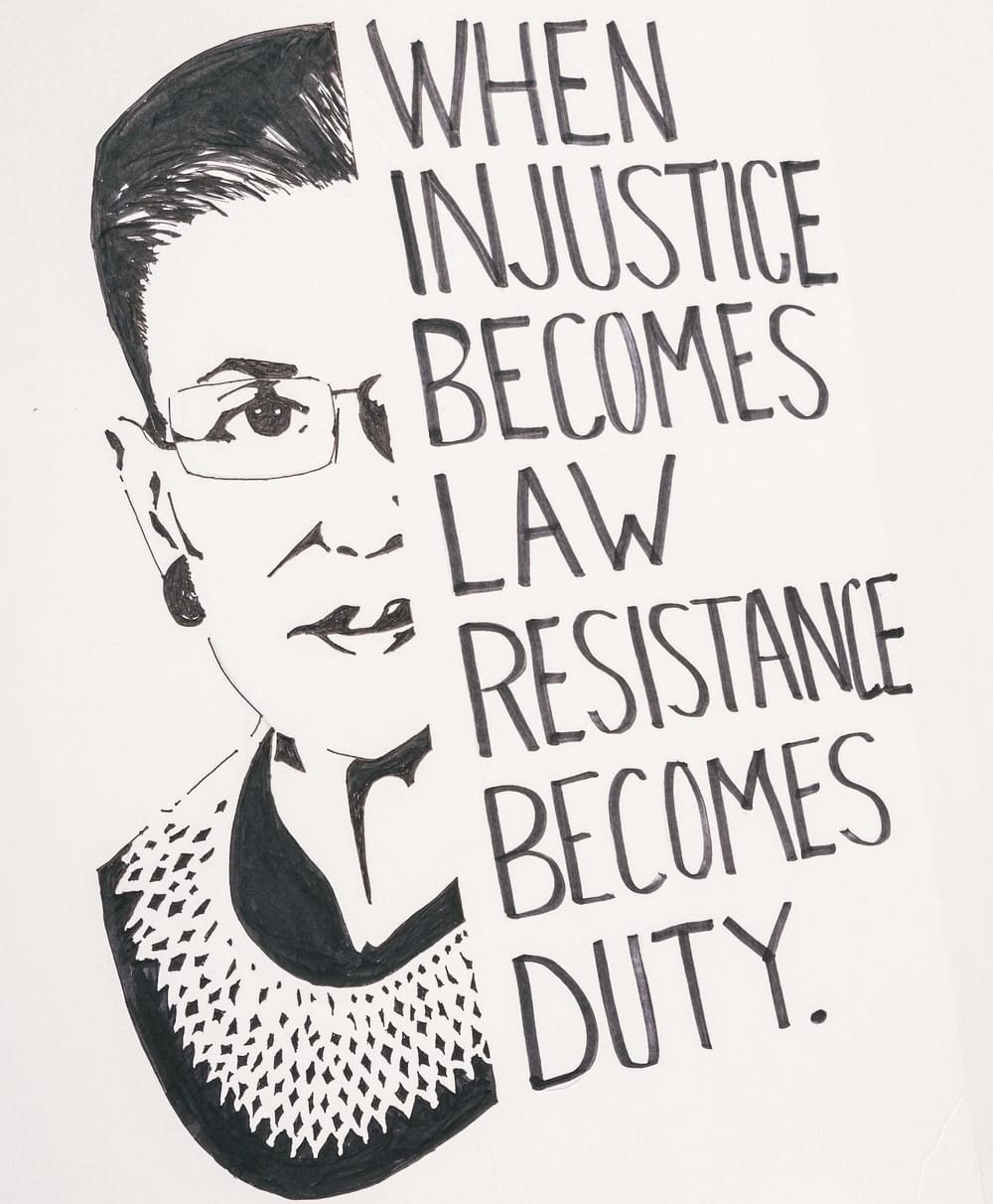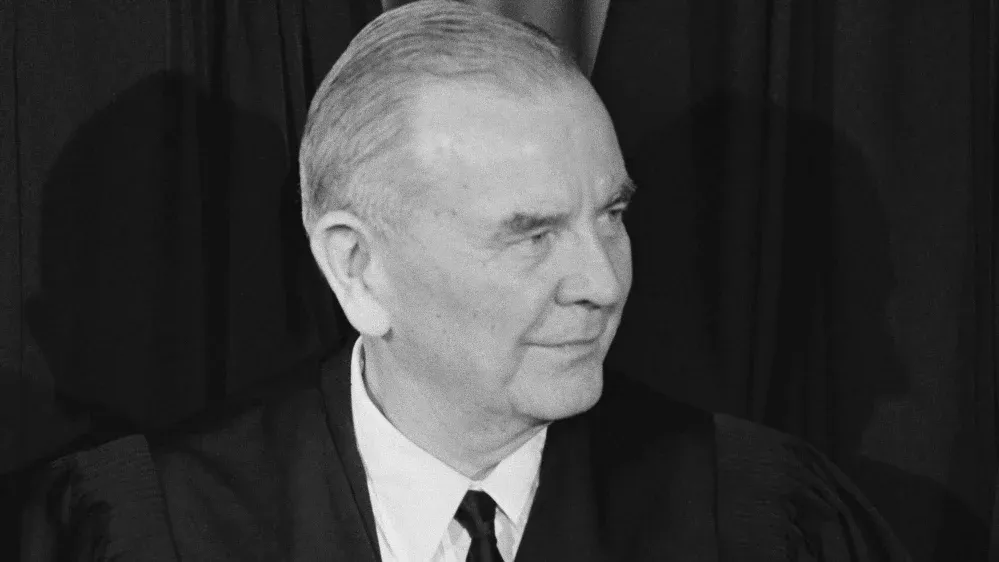The U.S. Supreme Court has been home to some of the most influential legal minds in history, each leaving a unique imprint on American jurisprudence. One of the most prominent in recent memory is Justice Ruth Bader Ginsburg. Throughout her tenure, Ginsburg penned numerous opinions that showcased her unwavering commitment to justice, equality, and the rule of law. Etalia.ai’s sophisticated AI brings you a comprehensive deep-dive into some of her most pivotal opinions.
United States v. Virginia (1996) - Striking a Blow to Gender Discrimination
Perhaps one of the most memorable opinions penned by Ginsburg, this case involved the Virginia Military Institute's male-only admission policy. Writing for the majority, Ginsburg argued that the government must show an "exceedingly persuasive justification" to use gender as a basis for differential treatment. This opinion is not just a rebuke of gender discrimination, but a reflection of Ginsburg’s personal commitment to gender equality, having faced such barriers throughout her own life and career.
Olmstead v. L.C. (1999) - Advocating for the Disabled
In this landmark case, Ginsburg delivered the majority opinion that clarified the rights of the disabled under the Americans with Disabilities Act. She opined that individuals with mental disabilities have the right to live in the community rather than in institutions if their treatment professionals find it appropriate. This decision emphasized the importance of integrating people with disabilities into society, echoing Ginsburg’s belief in the dignity and worth of every individual.
Shelby County v. Holder (2013) - A Dissent for the Ages
While Ginsburg was known for her majority opinions, some of her most powerful writings came in the form of dissents. In Shelby County v. Holder, the Court's majority struck down a key provision of the Voting Rights Act. Ginsburg, dissenting, famously wrote, "Throwing out preclearance when it has worked and is continuing to work to stop discriminatory changes is like throwing away your umbrella in a rainstorm because you are not getting wet." Her dissent highlighted the continuing need for vigilance in protecting the right to vote.
Ledbetter v. Goodyear Tire & Rubber Co. (2007) - Championing Equal Pay
In another poignant dissent, Ginsburg addressed the issue of gender-based wage discrimination. The majority held that Lilly Ledbetter's claim was time-barred because she didn't file it within 180 days of the initial discriminatory pay decision. Ginsburg, however, believed that pay discrimination is unique, and each paycheck that reflects a discriminatory pay decision restarts the clock for filing a claim. Her dissent spurred Congressional action, leading to the Lilly Ledbetter Fair Pay Act in 2009.
Burwell v. Hobby Lobby Stores (2014) - Prioritizing Women’s Rights
In this case, Ginsburg dissented from the majority's decision that for-profit corporations could deny employees health coverage for contraceptives based on the company’s religious beliefs. Ginsburg argued that such an exemption would "deny legions of women who do not hold their employers' beliefs access to contraceptive coverage."
Justice Ruth Bader Ginsburg's legacy on the U.S. Supreme Court is a testament to her brilliant legal mind and her dedication to justice and equality. Whether penning majority opinions or powerful dissents, her words have left an indelible mark on American law.
For a deep dive into these cases and more, leverage Etalia.ai's advanced AI-powered search capabilities or our AI Chat, designed to revolutionize your legal research and provide precise insights into U.S. Supreme Court cases, opinions, and dissents.








